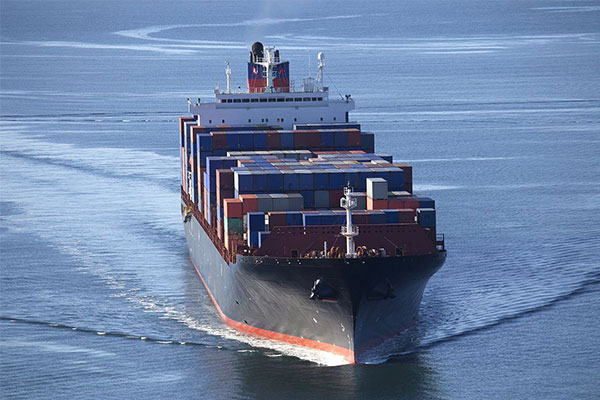
1. How to determine whether an agency company possesses professional qualifications?
Choose a heaterExport agentAt that time, the following core qualifications must be verified:
- Record of photovoltaic product category export filing: AEO-certified enterprises by customs are prioritized. Data from 2024 shows that the customs clearance efficiency for AEO enterprises has improved by 40%.
- Special equipment operation experience: Please provide past export cases of heating appliance categories (it is recommended to request a copy of the customs declaration form).
- What essential documents are needed for bracelet export?: Familiar with the latest implementation requirements of CE certification (EN 60335-2-30 standard) and UKCA certification.
- Risk Control System Certification: ISO 28000 Supply Chain Security Management System Certified Enterprises Offer Greater Assurance
II. What special transportation requirements are involved in the export of heaters?
Unlike the export of ordinary household appliances, special attention must be paid to the transportation of heaters:
- Moisture-proof packaging treatment: The humidity requirement for the shipping environment is ≤65%RH (a third-party inspection report must be provided).
- Classification of Dangerous Goods: The fuel oil heater may fall under UN 1223 (prior confirmation of transportation qualifications is required).
- Temperature-controlled transportation solution: Some precision electronic components require constant temperature transportation at 5-35℃.
- Special port restrictions: Some ports in the Middle East prohibit the consolidation of bulk cargo for electric oil-filled radiators.
What Hidden Costs Are Included in Agency Fees?
It is recommended to adopt a "fee list confirmation system," requiring the agent to clearly itemize:
- Basic Service Costs: Typically charged at 1.5-3% of the cargo value (2025 market average price).
- Additional items:
- Special document fees (e.g., EU EPR registration)
- Anti-dumping deposit at destination port (applicable to certain markets)
- Energy Efficiency Label Application Fee (Mandatory Requirement under New EU Regulations 2025)
- Suggested negotiation points: Volume Commitment and Rebate Mechanism Setup
IV. How to mitigate risks arising from the EU's new energy efficiency regulations?
Regarding the EU 2023/826 directive effective from January 2025, the following must be achieved:
- Product Grading Filing: The new energy efficiency label must be registered in the EPREL database 6 months in advance.
- Testing and Certification Renewal: The thermal efficiency testing standard has been upgraded from EN 14825 to EN 14825:2024.
- Adjustment of packaging materials: The outer carton must be printed with the new version energy efficiency label (size ≥75mm×75mm).
- Recommended solution: Establish a quarterly regulatory update communication mechanism with the agency.
5. What are some easily overlooked details when sending samples?
According to the 2024 industry dispute data statistics, special attention should be paid to:
- Commercial Sample Identification: Goods with a single shipment value exceeding 45 euros require formal customs declaration (EU Customs Regulation).
- Voltage Adaptation Certificate: Adaptability test report within the range of 230V±10%
- Protection of intellectual property: It is recommended to sign a Non-Disclosure Agreement (NDA) before sending the samples.
- Logistics tracking requirements: It is mandatory to obtain a courier receipt with proof of delivery (DHL/UPS recommended).
Professional advice: Request the agency to provide a comprehensiveTransportation Plan, Certification Timeline, Cost Matrix TableA trinity service proposal, with the liability allocation clauses in the contract reviewed by a third-party law firm. It is recommended to require agents to update it quarterly.Customs HS Code Pre-classification Opinion Letter, to cope with the ever-changing international trade environment.


 Follow Customer Service WeChat
Follow Customer Service WeChat